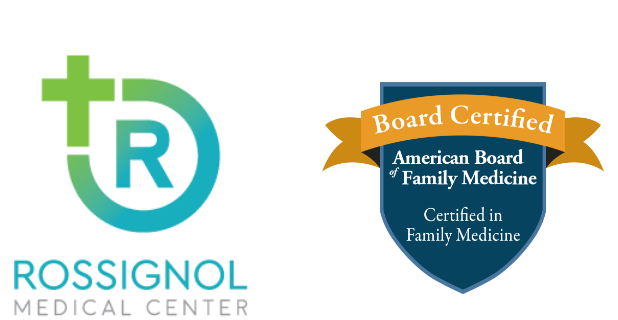Our practice style can best be described as functional and integrative medicine. While these terms mean different things to different people, functional medicine as listed on this website pertains to identifying and treating abnormalities that lead to impaired functioning of cells, such as problems with mitochondria (the parts of cells that create energy), oxidative stress (damage to cells caused by a lack of antioxidants and/or exposure to environmental toxicants), metabolism (the biochemical pathways that occur inside cells) and inflammation (swelling and abnormal immune responses that adversely affect cellular functioning and the communication between cells).
Our Philosophy

Our Practice Philosophy
At the heart of functional medicine is examining what may be causing a medical problem, not necessarily treating just the symptoms.
Integrative Medicine
When we use the term integrative medicine in our practice, we are referring to molding (integrating) the latest laboratory research with treatments to hopefully improve clinical outcomes. We strive to do this based on evidence-based medicine and the use of biomarkers, where we add treatments either based on underlying biochemical testing (for example, giving carnitine and coenzyme Q10 when there is laboratory evidence, using biomarker measurements, of mitochondrial dysfunction) or evidence-based treatments (for example, giving nutritional supplements or medications that have been studied and proven to help symptoms such as speech delay, attention, hyperactivity, etc.…).
What We Believe
We do not believe that patients with certain conditions, such as autism, should be told that the condition is hopeless or that no testing or treatments are available. Conditions such as autism are defined by a subjective group of symptoms, and therefore a diagnosis of autism does not reveal the underlying cause(s). We strive to identify what may be causing abnormal functioning of cells in persons with autism and other disorders using biomarkers that are objective, testable and treatable.
We also keep up with the latest evidence-based research on conditions such as autism, noting that at least 20 nutritional supplements and 45 medications have been studied in people with autism. Therefore, we do not feel that patients with autism or their parents should be told that there is nothing “real” going on, and that nothing can be tested for, and that nothing can be treated. To the contrary, many tests and treatments are available, and many individuals can improve over time. However, we cannot guarantee or promise such improvements. But we do promise that we will really listen to you and do our best to identify appropriate testing and treatment options.
Patient Stories
Sign Up for the Rossignol Medical Center Newsletter
Get the latest news on upcoming conferences, new publications, and new treatment offerings!









